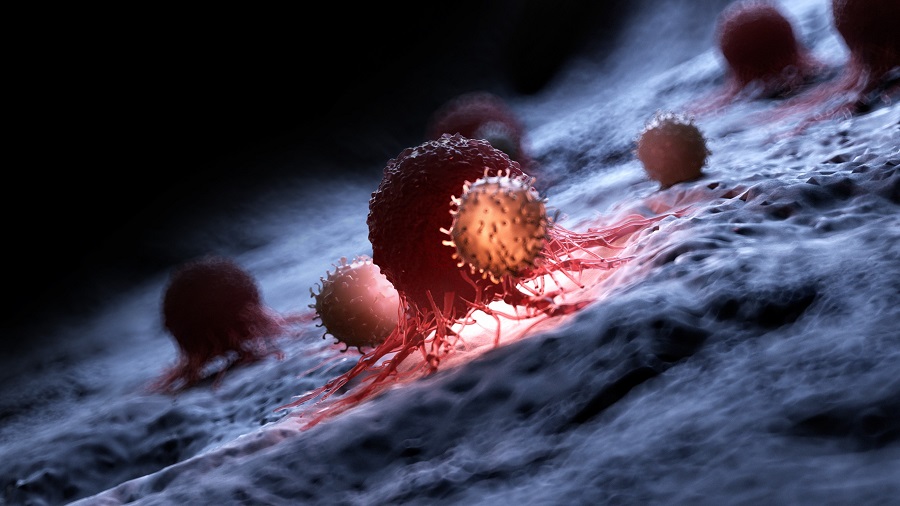New Test Could Predict Immunotherapy Success for Broader Range Of Cancers
Posted on 15 Feb 2024
Immunotherapy has revolutionized cancer treatment, yet only a minority of patients experience favorable responses. Determining which patients will benefit from immunotherapy is critical, as these treatments can have severe side effects and, in some cases, may even accelerate cancer progression. Now, a new genetic marker has been identified that could predict patient response to immunotherapy in cancer types that previously lacked such predictive tools.
A study led by researchers at the University of Pittsburgh (Pittsburgh, PA, USA) has found that tumors with a higher number of intragenic rearrangements (IGRs) in their genetic code may respond better to immunotherapy. This finding opens the door to more targeted treatment decisions for cancers like breast, ovarian, esophageal, and uterine cancer. Typically, immunotherapy responders are identified by the tumor mutational burden (TMB), which counts the number of simple mutations in cancer cells' DNA. High TMB makes cancer cells more conspicuous to the immune system, making patients with high TMB ideal candidates for immunotherapy. However, this method is more effective for cancers with high mutation rates, such as melanoma and lung cancer.

In their search for a new genetic biomarker to predict immunotherapy success in other cancers, the team analyzed over 1,000 cancer genomes from various types using a large database from the International Cancer Genomic Consortium. They found that assessing the overall IGR burden could predict immune cell infiltration and immunotherapy response in certain cancers. IGRs, resulting from complex structural rearrangements within a gene, contrast with TMB, which is similar to simple typos in DNA. The researchers observed a relationship between IGR and TMB across different tumor types. Cancers with high TMB, like melanoma and lung cancer, had low IGR burdens, while breast, ovarian, endometrial, and esophageal cancers exhibited low TMB but high IGR burdens. Both high IGR and high TMB were associated with increased T cell inflammation, suggesting that either type of genetic abnormality could enhance immune recognition and potential destruction of cancer cells.
In a clinical trial of esophageal cancer patients treated with durvalumab, those with higher IGR burdens responded better to the immunotherapy, while relapsed patients tended to have lower IGR burdens. Another clinical trial with bladder cancer patients treated with atezolizumab showed that TMB, but not IGR burden, predicted response in this TMB-dominant cancer. However, in patients pre-treated with platinum-based chemotherapy, post-chemotherapy IGR burden, but not pre-chemotherapy burden, predicted immunotherapy response. This suggests that platinum exposure, which can induce structural genome rearrangements, affects immunotherapy response. These findings suggest that IGR testing could guide clinicians in selecting optimal treatments for different cancer types and contexts. With the declining cost of whole genome sequencing, measuring IGR burden could soon be both feasible and affordable. The researchers are now focusing on further developing and standardizing their tests and algorithms for clinical application.
“Genetic tests are available that are great at predicting immunotherapy response in melanoma and lung cancer, but they don’t work well in some other cancers,” said Xiaosong (Johnathan) Wang, M.D., Ph.D., associate professor of pathology at Pitt. “To help fill this gap, we developed a new approach, which analyzes a class of hidden, or cryptic, rearrangements in the cancer genome.”
Related Links:
University of Pittsburgh














